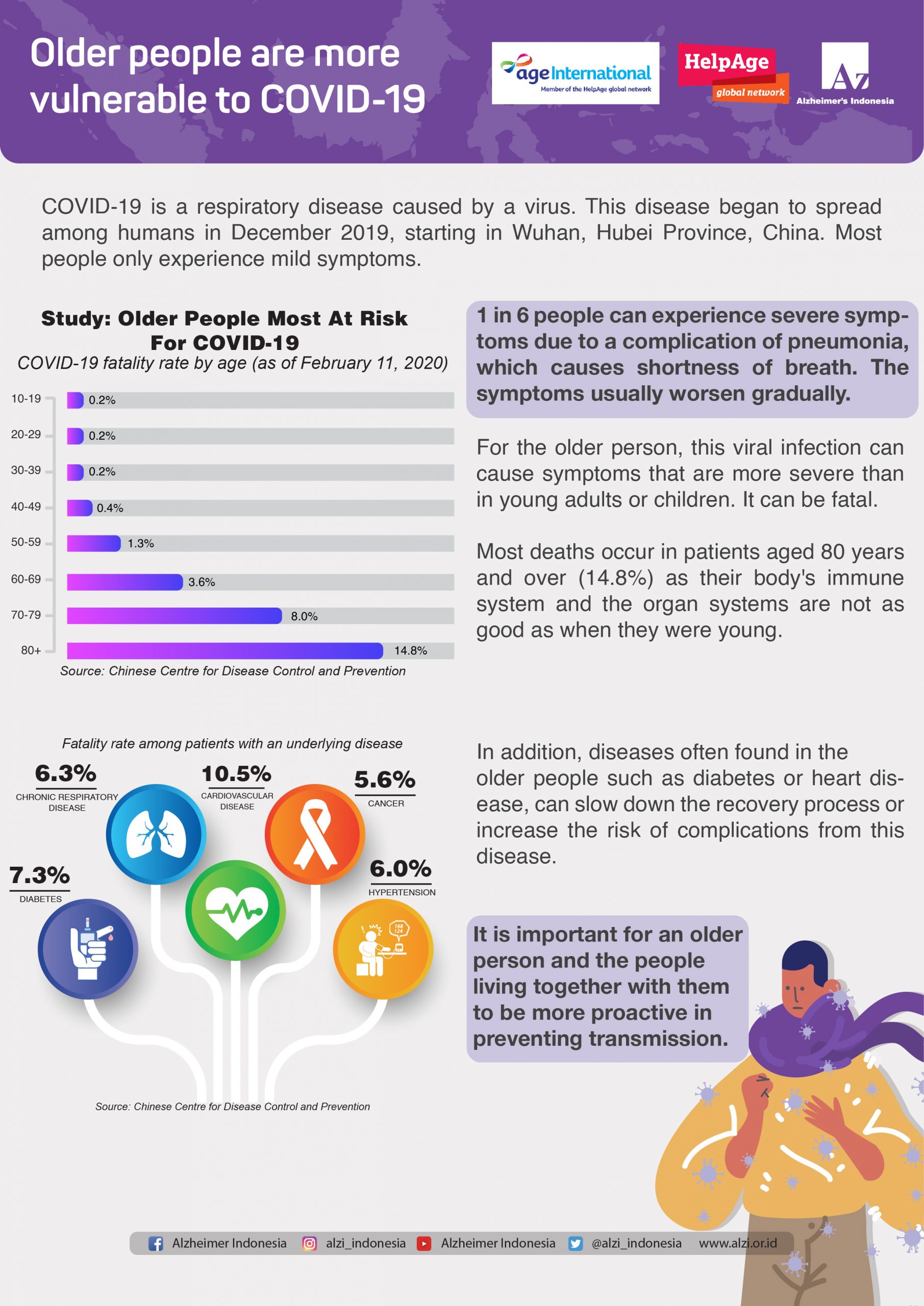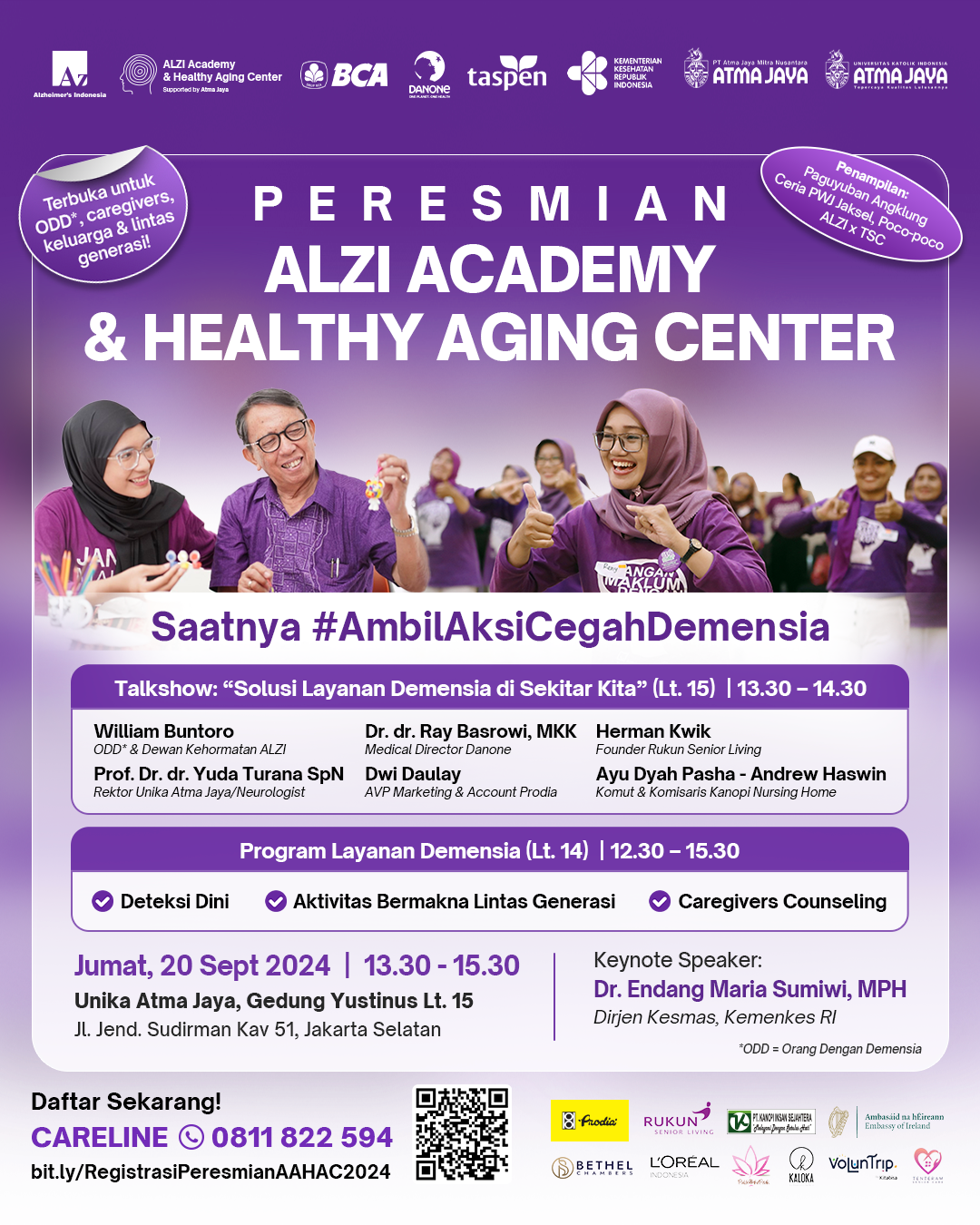
COVID-19 is a respiratory disease caused by a virus. This disease began to spread among humans since December 2019, starting in Wuhan, Hubei Province, China. Most people who experience COVID-19 only experience mild symptoms. However, about 1 in 6 people can experience severe symptoms, such as accompanied by pneumonia (pneumonia), which causes shortness of breath. This usually occurs gradually.
Looking at developments around the world today, more than 50% of positive confirmed cases of COVID-19 infection have been declared to be improving, and the cure rate continues to increase. Although the mortality rate for this disease is fairly low (around 3%), it is more dangerous for older people and people with pre-existing medical conditions (such as diabetes, high blood pressure and heart disease). They are usually more prone to experiencing severe pain.For the elderly, this viral infection can cause symptoms that are more severe than young adults or children. Although most people who are infected only experience mild symptoms, in the elderly this disease can lead to death.
Most deaths occur in patients with COVID-19 aged 80 years and over, with a percentage reaching 14.8%.
This is because the body’s defense system and the organ system of the elderly are not as good as when they were young. In addition, the presence of diseases that often affects the elderly such as diabetes or heart disease, can slow healing or increase the risk of complications from this disease.
Therefore, it is important for the elderly as well as people who live in the same house as the elderly to be more active in preventing transmission.
How to prevent it?
There are several steps that the elderly and their families can take to protect themselves from the transmission of this epidemic virus, including:
- Wash your hands for 20 seconds with soap. Washing your hands every time before touching the face, using / removing the mask, after touching other people or the surface of objects that have also been held by others. In addition, of course keep washing your hands before preparing food or eating, and after urinating, after leaving the house, or whenever you feel your hands are not clean.
- If there is no place to wash your hands, you can use a hand sanitizer, which contains at least 60% alcohol
- Avoid touching your face if you have not washed your hands. The eyes, nose, mouth are the entrance of the virus into the body
- Cover nose & mouth when coughing / sneezing with a tissue. If there are no tissues, cough / sneeze into the inside of the elbow. Don’t use your palm / hand to cover your nose / mouth. Throw the tissue in the trash, then wash your hands or use hand sanitizer immediately.
- Avoid shaking hands. You can clasp your hands in front of your chest as a substitute.
- Make sure your nutritional intake is sufficient and balanced. Expand to consume fruits and vegetables that are rich in vitamins and antioxidants that are important to strengthen the body’s immune system
- Continue taking regular medications for pre-existing diseases as usual
- Conduct social distancing to reduce the possibility of contracting or transmitting
Kontributor:
dr. Tara P. Sani, MSc
dr. Saskia Mariska, MPH
Virginia Geraldine Hanny Prasetya, S. Psi


